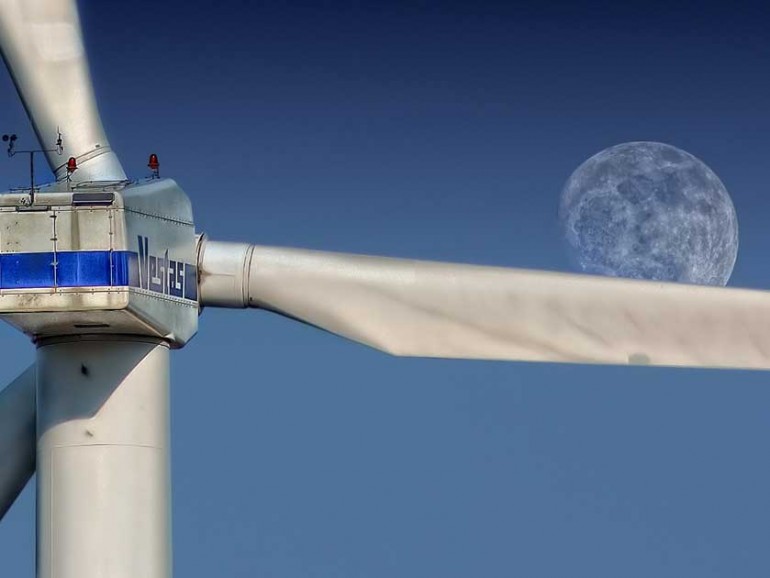
Despite what you might think, organising a sustainable event doesn’t necessarily mean that you need a big budget. It is one of the most effective ways of enhancing your brand values and reputation, encouraging participation and exceeding expectations – and can be done with just a few tweaks.
Sustainability is all about being responsible, whether it’s environmentally, socially or economically. The earlier you make sustainability part of your event plans, the easier it is to implement. A sustainable event needs to be planned, organised and managed in a way that minimises the environmental impact.
So, what are the main aspects to take into account when planning a green and sustainable event?
Set your goals
The first point you should consider is why you want to organise a sustainable event. An understanding of what you want to achieve will help through the planning phase and give you a target to work around.
For most people, the reason is likely to be a desire to transmit an eco-friendly brand image to attendees. To achieve this, you must be consistent in all actions, meaning that your goals must be relayed to all those involved with the running of the event; caterers, speakers, team members, attendees and sponsors.
Venue
Choosing the right venue is one of the most important decisions in making your event sustainable. Identifying a venue that reflects your aim and already has sustainable facilities in place means that you can reach your goals more efficiently – minimising your costs.
Travel tends to be one the biggest environmental impacts, so choosing a venue in a central location will generally mean people are closer, thus reducing the carbon footprint of the gathering. You will also be closer to transport links. If this isn’t possible, organise a car shuttle service or a car-share scheme to minimise the effects.
Promotion
Paper is undoubtedly the largest waste material used to promote events. But do you really need flyers, leaflets and print ads to get the word out about your event? And if you felt that you did wouldn’t it be contradictory to your event’s message? Instead, try sending invitations electronically or by using social networks.
If you must use paper, make sure you use recycled paper – and that the reader knows it! Encourage them to do the same once they have finished with it too.
At the end of the event, let your attendees know what has been achieved; this could be done in an email days after. If it was your first sustainable event, compare it to the paper and electricity usage, travel emissions and amounts recycled at similar events that you’ve organised.
Here at Toolshed Communications we understand that customers are increasingly concerned with environmental issues associated with the events industry and we can provide the solution to many problems.




